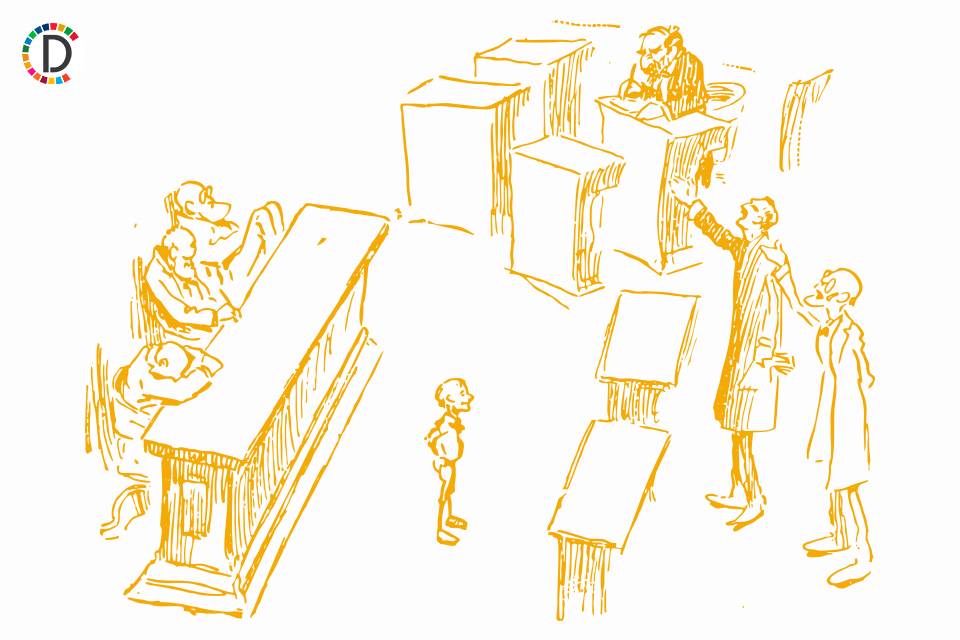Indian-origin doctor's terror charge extradition hearing concludes in UK

- Country:
- United Kingdom
A UK court on Wednesday concluded hearing in the case of a 75-year-old Indian-origin doctor from Assam who is contesting his extradition to India on a terror charge as the alleged chairman of the United Liberation Front of Asom (Independent) or ULFA (I), with the judgment expected on June 16.
Dr Mukul Hazarika, a British national and general practitioner from Cleveland in northern England, is sought by the Indian authorities to be prosecuted for ''waging, or attempting to wage war, or abetting waging of war, against the government of India and for conspiring to commit a terrorist act''.
District Judge Michael Snow at Westminster Magistrates' Court, who presided over the hearing which opened last Monday, indicated that his judgment focus is likely to be on the likelihood of an irreducible life sentence Hazarika would be faced with on being extradited.
''This is not the kind of case where I would necessarily go back to the government of India to provide further assurances,'' Judge Snow noted on the concluding day of the hearing, when he confirmed June 16 as the expected date for his ruling.
Crown Prosecution Service (CPS) barrister Ben Llloyd, appearing on behalf of the Indian government, highlighted that Hazarika is wanted in India on charges of organising terrorist camps and recruiting cadres for terrorism as part of his membership of a terrorist grouping.
''The United Liberation Front of Assam, also named United Liberation Front of Assam-Independent (ULFA) is a banned terrorist organisation in India," the Indian extradition request notes.
''The defendant was present during the Bihu celebration of ULFA at Taga camp, Myanmar in 2016, where (as Chairman) he delivered a speech to all the assembled ULFA cadres. He urged them to fight an armed struggle against the government of India for creating a separate sovereign independent Assam,'' it claims.
To establish its prima facie case for the extradition, the Indian authorities reference testimony from a local police superintendent in charge of the investigation to claim that Hazarika was also known as Abhijit Asom and was involved in recruiting new ''cadres'' to ULFA ''in and outside India, organising terrorist camps for launching attacks on Indian Security Forces thereby intending to wage war against the government of India''.
All the charges are denied by the medical practitioner, whose barrister, Ben Cooper, asserted in court that the case against him ''fails to get off the ground" because of a "conspicuous absence of substantive evidence''.
The defence team sought to highlight that ULFA (I), unlike ULFA, is not a proscribed organisation, his alleged role as a ''self-styled'' chairman is undefined and that there is an absence of any violent conduct. Besides, the court was given details of Hazarika's active human rights advocacy work, including setting up Assam Watch, and it was claimed that he was being targeted by the Indian authorities as part of a wider persecution of dissenting voices in the region.
The defence team also noted that India's National Investigation Agency (NIA) carried out the investigation into the case at the behest of the government of India.
''He has a long background in human rights advocacy… although trained as a doctor, he is committed to open dialogue to defend the human rights of the people of Assam," said Cooper.
The other areas of focus in the case for the defence include human rights grounds of it being oppressive to extradite the 75-year-old medically vulnerable general practitioner (GP) to harsh Indian prison conditions and the considerable delays to justice expected without bail on such a terror charge if he were to be extradited.
''In summary, it is submitted the evidence before the court demonstrates overwhelming oppression that would follow were the RP [Requested Person] to be extradited and removed from his established family life, his successful GP practice (which he has helped to build up over many years of hard work) and his livelihood here in England which his family and staff now depend on," Hazarika's defence contends.
Meanwhile, Hazarika – who was present in court throughout the hearing – remains on bail under electronic tag curfew provisions since his arrest by the UK's extradition unit officials in July last year.
The court granted him permission to be located at a London address for the duration of the hearing and will now return to his original curfew conditions in Cleveland, where he is a Senior Partner at Queenstree Practice in Billingham.
(This story has not been edited by Devdiscourse staff and is auto-generated from a syndicated feed.)










